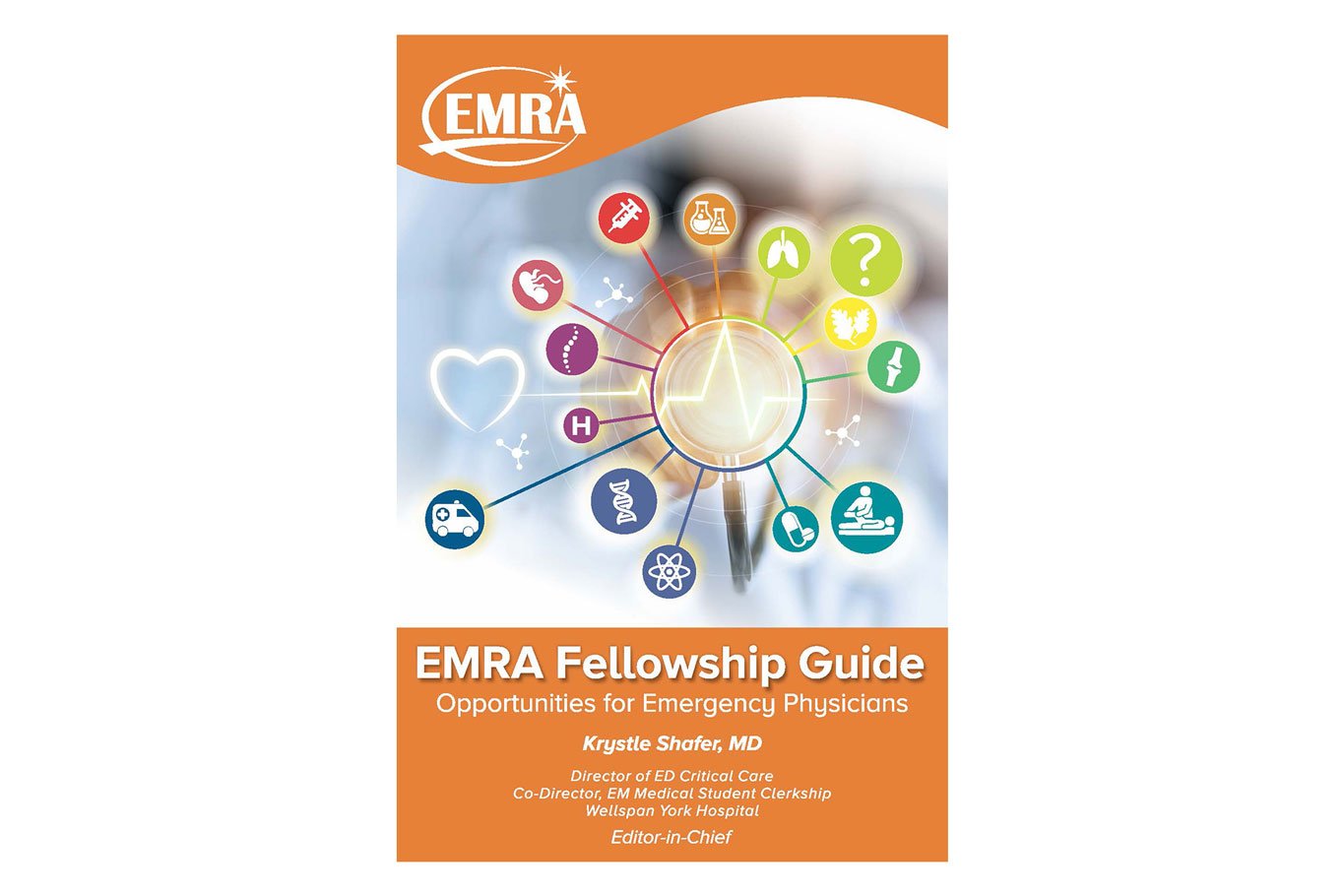Simulation Fellowships
EMRA is launching Fellowship Match! We are adding fellowships daily.
Look for fellowships using criteria important to you.
- Geographic location
- Fellowship type or training opportunity
- Advanced Degrees Offered?
- Is Moonlighting Allowed?
- Length of Program?
- Number of Shifts per month?
- Save your favorites
- Export your fellowships to a spreadsheet to look at offline

EMRA Fellowship Guide
Chapter 23 Simulation Fellowship
Medical simulation is an educational technique that can bridge gaps in traditional education and training approaches through the safe, structured fostering of medical knowledge, decision-making, procedural skills, teamwork, and communication. Health care simulation as a specialty is guided by 4 main purposes: education, assessment, research, and patient safety. Simulation can be as extensive as virtual reality surgical simulators for fine technical skills, computer-based avatars and virtual patients for decision-making skills, or as straightforward as using actors with standardized patients for communication skills. A key component of this method of teaching is to promote a safe learning environment where technical and non-technical clinical skills can be taught, assessed, and reviewed with participants in order for them to apply the lessons learned and skills acquired to real patient care.
Related Content

Aug 25, 2017
Your Home
The Emergency Medicine Residents' Association EMRA is the voice of emergency medicine physicians-in-training and the future of our specialty and the largest and oldest independent resident organization in the world. EMRA was founded in 1974 and today has a membership over 18,000 residents, medical students, and alumni.







